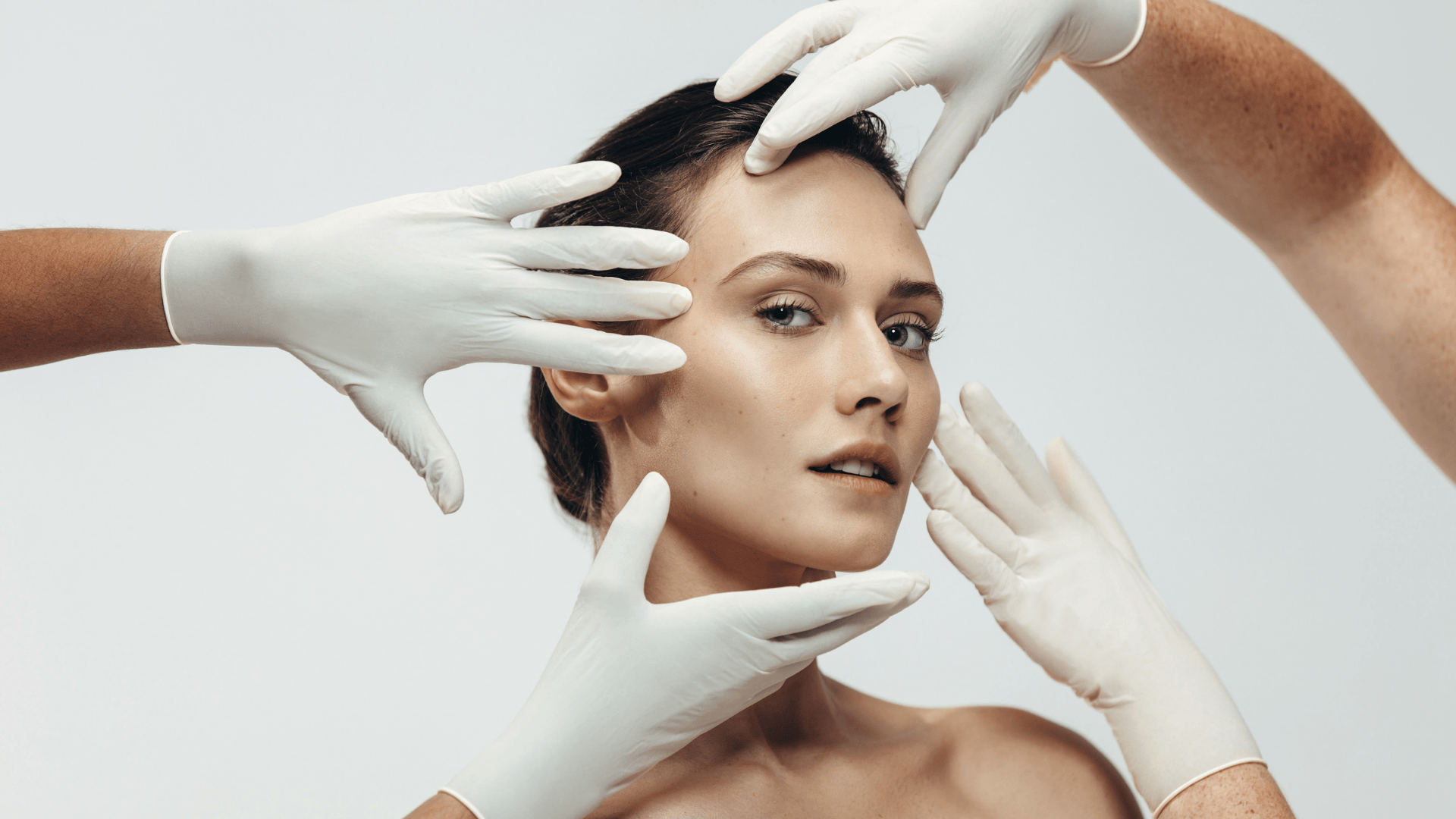When we think about mental health, we usually focus on thoughts, feelings, and behaviors. But there’s another piece that often gets overlooked — how we see ourselves, especially when it comes to our faces.
Our faces are the first thing people notice, and they play a huge role in how we feel about who we are. If someone struggles with how their face looks, it can seriously affect their motivation to take care of themselves or even reach out for help.
In this piece, you’ll learn how facial appearance impacts self-esteem, motivation, and overall self-perception in mental health treatment.

How Facial Aesthetics Affect Motivation and Self-Perception in Mental Health Treatment
Self-Esteem and Identity
How someone feels about their face leaves a big impact on their self-esteem and identity. The face is a core part of how people see themselves. When people like the way they look, they usually feel more confident and positive about who they are.
On the other hand, if someone feels unhappy with their facial appearance, it can lower their self-esteem and make them doubt their worth.
This connection between face and self-esteem matters a lot in mental health treatment. When someone struggles with negative feelings about their face, those feelings can make it harder to focus on healing or building a better self-image.
For example, someone might avoid looking in the mirror or social situations because they don’t feel good about their face. This avoidance can block progress in therapy.
Vladimira Ivanova, Psychologist at The Diamond Rehab Thailand explains, “Mental health professionals who understand this can help patients explore how their facial self-image affects their overall identity. By addressing these feelings, therapy can support building a stronger, more positive sense of self that goes beyond appearance.”
Motivation to Engage in Treatment
Facial appearance plays a role in how motivated someone feels to start or stick with mental health treatment. When people feel good about their face, they often feel more ready to take steps toward healing.
For example, if a person’s facial skin improves or they make small changes to their appearance, they may feel more hopeful and motivated to engage in therapy.
Feeling “presentable” or comfortable with how one looks can reduce fear or shame about meeting with others, including therapists. This makes it easier to open up and stay involved in treatment.
On the flip side, if someone feels embarrassed or ashamed about their face, they might avoid appointments or not fully participate in therapy sessions.
Therapists who recognize this can create a safe space where patients feel accepted no matter their appearance. Sometimes, helping someone care for their skin or appearance can be a small but powerful step in building motivation and trust during mental health treatment.
Social Confidence and Interactions
Sanam Zahedi, M.D, Owner & Plastic Surgeon of Blepharoplasty Specialist – Zahedi Plastic Surgery explains, “Facial appearance strongly affects how confident someone feels in social settings. When people are happy with how they look, they tend to feel more comfortable talking and connecting with others. This increased social confidence can make a big difference in mental health treatment — especially when group therapy or social skills training is involved.”
If someone feels unsure or self-conscious about their face, they might avoid social situations or struggle to engage with others. This can lead to feelings of loneliness and make mental health challenges worse. Low social confidence also holds people back from sharing their feelings or asking for help.
Mental health treatment often focuses on building social skills and connections. Supporting patients to feel better about their facial appearance can help open doors to more positive social experiences. When people feel more confident in how they look, they usually feel safer and more motivated to connect with others, which can speed up their mental health recovery.
Mirror Anxiety and Avoidance Behaviors
Some people feel anxious or uncomfortable looking at themselves in the mirror because they don’t like their facial appearance. This is often called mirror anxiety. When someone avoids mirrors or photos, it can affect how aware they are of their own emotions and behaviors. This lack of self-awareness can make it harder to work through feelings in therapy.
Avoiding one’s reflection might seem like a small thing, but it can create a bigger problem. Without facing how they look, people might also avoid facing deeper parts of themselves. This can slow down progress in treatments that require self-reflection, like cognitive behavioral therapy or mindfulness practices.
Mental health providers can help by gently encouraging patients to confront their image at a comfortable pace. Building a more positive or neutral view of their face can support greater self-acceptance. This, in turn, helps patients engage more fully in therapy and become more motivated to heal.
Depression and Body Dysmorphia
Facial appearance is closely linked to depression and body dysmorphic disorder (BDD), where people feel very upset about small or imagined flaws in their face. These feelings can cause a lot of distress and affect motivation in mental health treatment, says Dr. Reena Jasani, Founder of Teddington Aesthetics By Reena.
When someone is depressed, they often feel hopeless and less motivated to take care of themselves, including their appearance. This can create a cycle where feeling bad about their face makes the depression worse, and the depression worsens their negative self-view.
BDD takes this to another level. People with BDD can spend hours worrying about their face and may avoid social activities or therapy because of this. Understanding these challenges is key in mental health treatment because addressing facial concerns alongside emotional issues helps improve overall outcomes.
Treatment that combines therapy with support for appearance-related worries can make a big difference. Helping patients feel better about their face often lifts motivation and mood, making therapy more effective.
Perceived Control and Empowerment
Clive Gray, from London Review of Suit Tailors explains, “When people feel they can improve their facial appearance, it gives them a sense of control over their lives. This feeling of control is important in mental health because it helps build empowerment and motivation to keep working toward recovery.”
Even small changes, like a new skincare routine or hairstyle, can boost confidence. Feeling empowered about one’s face can encourage people to take charge in other areas of their life, including mental health treatment.
This sense of control breaks the feeling of helplessness that often comes with mental health struggles. When patients believe they can influence how they look and feel, they become more motivated to stick with therapy and make positive changes.
Therapists who support patients in finding ways to feel more in control of their appearance can help strengthen motivation. This empowerment creates a positive cycle where better self-care and mental health progress feed into each other.
Conclusion
Our face is tied closely to how we feel inside. When people feel good about their facial appearance, it can boost their confidence and help them stay motivated in mental health treatment.
On the other hand, struggles with how they see their face can make healing harder. Understanding this connection helps therapists support patients better and create a kinder, more effective path to recovery.
Taking care of how we see ourselves, including our faces, can make a real difference in feeling stronger and more ready to face life’s challenges.

fashionabc is a fashion technology platform, comprising a digital directory and various other digital tools and supply chain solutions for the fashion industry ecosystem, that focus on ethical fashion and sustainability. We are building inclusive digital transformation tools for fashion professionals who are willing to take steps towards a more sustainable ethical fashion industry, by adopting AI and DLT blockchain technology.
* building digital profile and IP solutions for fashion businesses
* tackle issues such as provenance and counterfeit in supply chain
* contribute to the construction of a meritocratic ethical fashion industry which is certified and part of the circular economy











